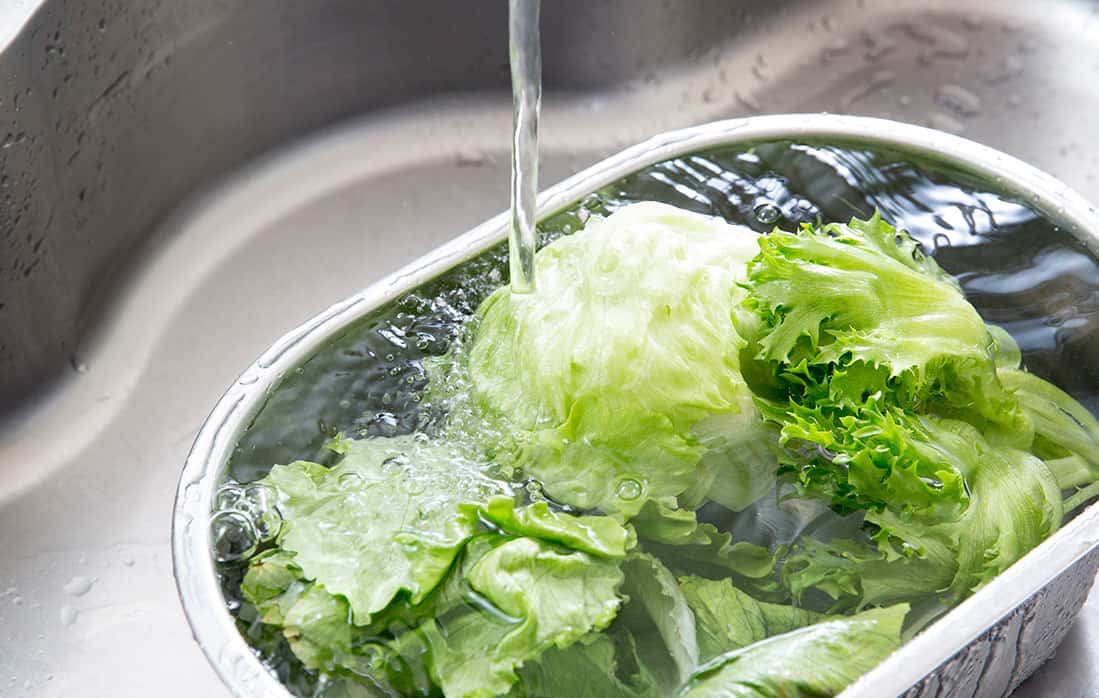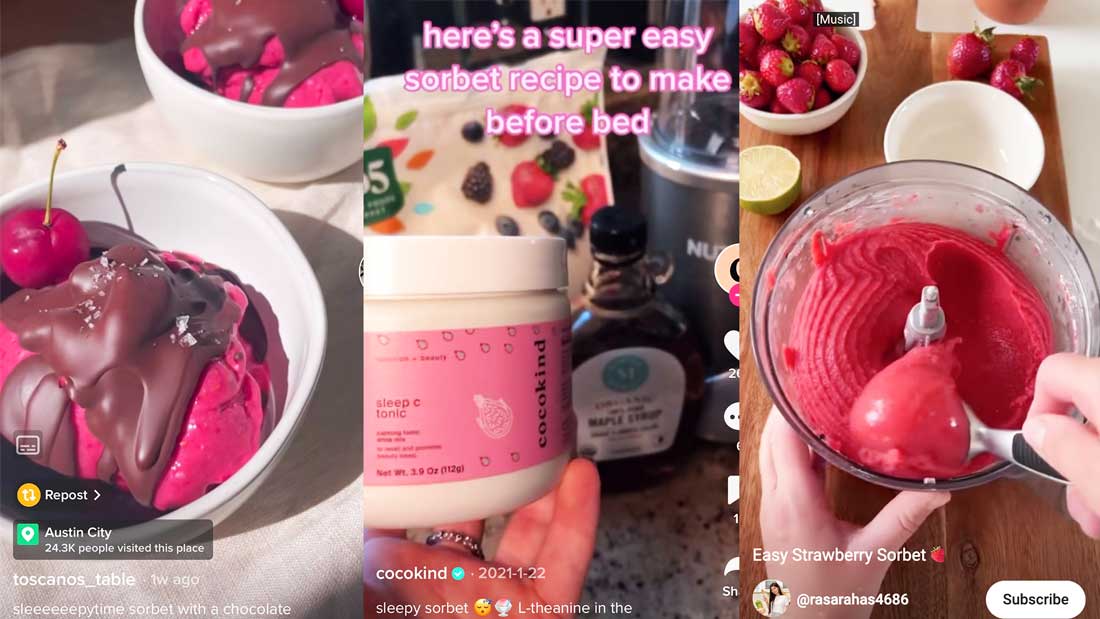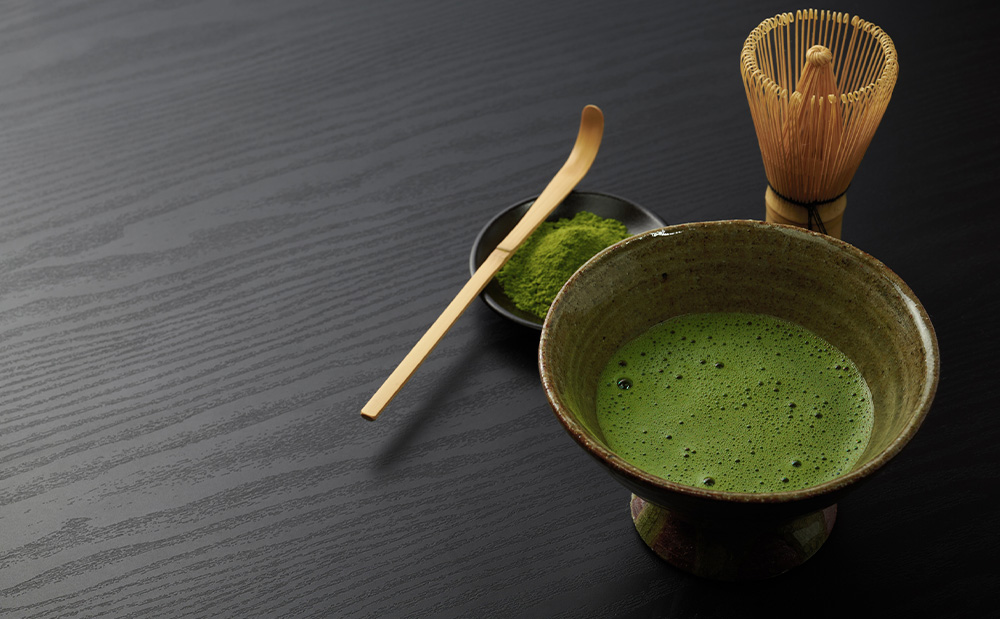
Scientists have long been studying all of the systems of people who get great sleep — and also those who don’t. They’ve found what traits and behaviors those great sleepers do and don’t share, such as lower stress levels and great sleep hygiene, and what factors are at play when people are struggling with sleep conditions. Now, a newly released study has shown an additional interesting association between people who have difficulty sleeping, and lower concentrations of ten antioxidants in their blood.
The study was published in the journal Food & Function on May 14, and compared people with sleep disorders and a control group without. (1) They sought out to determine if there was a wide spread association throughout the population between antioxidant levels and an increased risk for sleep disorders. Their study included over 3,000 adult participants, using self-reported sleep disorder questionnaires and measured antioxidant concentrations. They looked at 12 main circulating antioxidants.
The findings were clear — “significantly” lower concentrations of ten antioxidants were observed in the participant group who had trouble sleeping compared to those who didn’t. The scientists also concluded that six of those 10 antioxidants had a significant risk as well, including: alpha-carotene, alpha-cryptoxanthin, trans-beta-carotene, beta-cryptoxanthin, lutein and zeaxanthin, and vitamin C.
In addition, they concluded that the risk of those levels increasing the probability of a sleep disorder was higher in females than males.
In 2023, another study linked antioxidant levels with depression and anxiety, which was significantly higher in people with short sleep duration, showing that mental health conditions, sleep, and these essential antioxidants might all be working together. (2)
So does this mean people with sleep disorders, or those worried they will get one, should head to the grocery on a mission for antioxidant-rich foods? Maybe. Another 2024 study stated, “Healthy diet has been considered as an effective and simple strategy to optimize sleep quality. (3) However, current evidence on the correlation of dietary composite antioxidant intake with sleep health remained obscure.”
But, they go on to conclude that taking antioxidants through your diet could be a “promising and effective” approach to optimizing peoples’ sleep quality.
Additional research supports the case for increasing antioxidants. A 2021 study found that antioxidants may be helpful in the treatment of sleep disorders in children diagnosed with Autism Spectrum Disorder (ASD). (4)
A 2024 cross-sectional study identified the consumption of antioxidants may decrease the risk of obstructive sleep apnea (OSA). (5)
So, how can you make this happen if you have some warning signs of an increased risk of sleep disorders? Foods that help you sleep at night, and those rich in antioxidants should likely be on your next shopping list — but as the scientists said, no guarantees it will help yet. Give these foods a try:
- Mediterranean diet-based foods, including salmon and vegetables, especially dark leafy greens.
- A variety of beans, including pinto, red kidney, small red, and black beans
- Fruits you might already love, and some you could get more of, from berries to sweet cherries, black plums to prunes.
For many decades, doctors have been recommending antioxidants for protection against aging and other illnesses — such as asking elderly women to up their red wine and spinach intake in 1998. Now, over 25 years later, the benefits for sleep join the mix.

Everything You Need To Know About Lettuce Water And Sleep

Here’s What You Should Know About Nutrition and Sleep

“Sleepy Sorbet” Is Everywhere, But Does It Work? I Tried It Out Myself

Matcha and Sleep: Here’s What You Need to Know
Sources
1. Tang, Liwei; Liu, Min; Mu, Jingjing; Tian, Jing; “Association between circulating antioxidants and sleep disorders: Comprehensive results from NHANES 2017–2018,” Food & Function; https://pubs.rsc.org/en/content/articlelanding/2024/fo/d4fo00413b/unauth; 2024.
2. Darroudi S, Eslamiyeh M, Jaber Al-Fayyadh KK, Zamiri Bidary M, Danesteh S, Hassanzadeh Gouji A, Darban RA, Esmaily H, Ghayour-Mobarhan M, Moohebati M, Ferns GA. Prognostic Factors Associated With Sleep Duration: Serum Pro-Oxidant/Antioxidant Balance and Superoxide Dismutase 1 as Oxidative Stress Markers and Anxiety/Depression. Int J Public Health. 2023 Sep 7;68:1606014. doi: 10.3389/ijph.2023.1606014. PMID: 37744415; PMCID: PMC10512420.
3. Xiong B, Wang J, He R, Qu G. Composite dietary antioxidant index and sleep health: a new insight from cross-sectional study. BMC Public Health. 2024 Feb 26;24(1):609. doi: 10.1186/s12889-024-18047-2. PMID: 38408934; PMCID: PMC10895802.
4. Zambrelli E, Lividini A, Spadavecchia S, Turner K, Canevini MP. Effects of Supplementation With Antioxidant Agents on Sleep in Autism Spectrum Disorder: A Review. Front Psychiatry. 2021 Jun 28;12:689277. doi: 10.3389/fpsyt.2021.689277. PMID: 34262494; PMCID: PMC8273250.
5. Xiong, B., Wang, J., He, R. et al. Composite dietary antioxidant index and sleep health: a new insight from cross-sectional study. BMC Public Health 24, 609 (2024). https://doi.org/10.1186/s12889-024-18047-2
